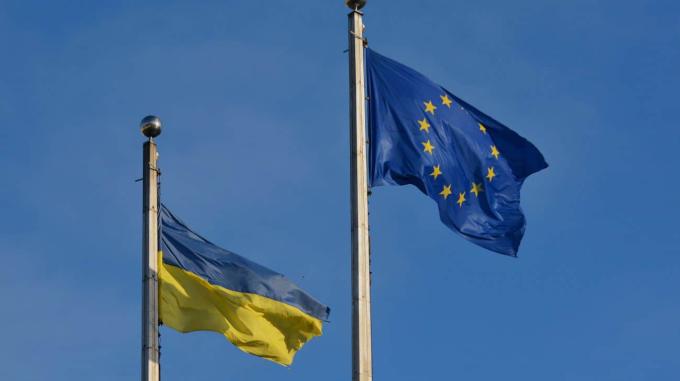EU divided over Hungarian veto: majority supports Ukraine’s European integration

At the last European Union summit, the majority of EU leaders unanimously supported Ukraine's further progress towards EU membership, while the Hungarian government continues to block this process with its veto. The lack of a common position due to Budapest's position has affected the EU's ability to make coordinated decisions on the strategic direction of relations with Kyiv. According to sources of "European Truth" reporting from Brussels, due to systematic protests from Hungary, the remaining 26 EU members were forced to work in the "EU minus Hungary" mode. This means that the decision-making process has become cut off from one of its important partners, but at the same time, most countries remained united in confirming their support for Ukraine. The majority of summit participants stated that "the European Council confirms Ukraine's inalienable right to self-determination" and "unwaveringly supports Ukraine's path to EU membership." In addition, the participants noted the high pace of reforms in the country, their significance and the progress made in the process of preparing for accession. Of particular importance was the statement that the 26 states call on Ukraine and the European Commission to "intensify work on the preparation and conduct of accession negotiations". This indicates a desire to move forward, but leaves open the question of the formal opening of the negotiation processes. Another important aspect is the agreement of most countries on their awareness of the European Commission's assessment of Ukraine's readiness to open the so-called "Fundamentals cluster" - the fundamental part of the negotiations. However, the legal and political reality is still complicated: a unanimous decision of all 27 EU member states is required for the official start, and Hungary continues to block this step. Considering that Hungary publicly declares its intention to continue blocking Ukraine's movement in the European direction, it becomes obvious that the process of Kyiv's entry into the union remains dependent on the political developments in Budapest. At the same time, Brussels is preparing a "plan B" - alternative strategies and measures that will allow Ukraine to maintain its course towards EU membership, even in the presence of a veto. This is stated in the article "The European Union between Orbán and Trump", which analyzes in detail the internal tensions and possibilities for overcoming the blockages. In general, despite the conflict in political interests and internal disagreements in the European Union, most states support Ukraine's desire to integrate into the European family and call for the process to be accelerated, while the activity of the Hungarian leadership creates additional challenges in this struggle for unity.

